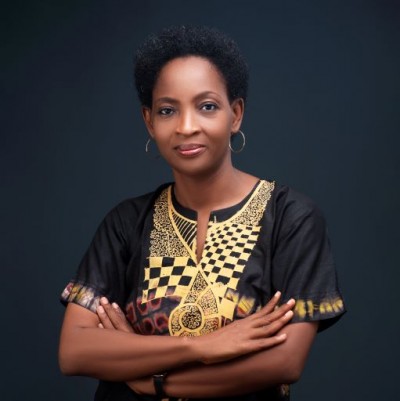by Dr. Oluwakemi Olurinola
The digital divide in Africa has garnered considerable attention in recent years, with significant attempts being made to close it, especially in the educational sector. We’ve witnessed an increase in Edtech start-ups across the continent, as well as an increase in digital skills training for teachers across the board. However, this has exposed another gap in African teachers’ skill sets: the Digital Pedagogical Skill gap. The gap in teacher education and training is not in the introduction of new digital tools; rather, we have a plethora of educational technologies and digital tools developed to address the needs of the education sector, particularly in the aftermath of the pandemic’s impact on the educational sector. However, the gap exists in our ability as teachers to envision how these tools can be utilised, taking into account the learning circumstances they may enable and fostering an environment in which their use results in the desired learning outcomes.
Digital pedagogy experts have stressed that mere acquisition of digital abilities and usage of digital tools in the classroom do not equate to teachers’ digital pedagogical ability. One definition of digital pedagogy is the use of digital tools from a pedagogical perspective, with an emphasis on the influence of the digital tool on learning rather than on the use of digital tools for teaching and learning. Thus, digital pedagogy encompasses the intersection of educational technologies and innovative pedagogies, as well as the ways in which classroom interaction with and through technology can inspire new pedagogies.
Thus, as regards digital pedagogy skills, the emphasis is on pedagogy, with a greater emphasis on process; it is less about the tools themselves than it is about how these tools permit a shift in pedagogical approach within the classroom, and how the use of digital tools affects teaching and learning. For instance, transferring our lesson notes or class notes to digital copies or transitioning from writing boards to presenting technologies may not always result in more engaging teaching from a pedagogical standpoint. What we need to consider is how the possibilities offered by these tools may revolutionize our pedagogy.
There is concern that this digital competency skill gap may widen if we do not move now to address the issues and close the gap, not just for today’s emergencies, but for future emergencies as well. The digital pedagogical landscape is constantly evolving, and if Africa is to meet current educational system demands, it is critical to shift the focus away from ICT skills training for teachers and toward digital pedagogical training that focuses on empowering teachers to make better technology selection and use decisions. And, in terms of the impact these technologies can have on students’ learning experiences, we need to ask, what our students gain from their use of these tools? There must be an examination of the pedagogical changes brought about by the digital tool in the teaching and learning process.
Rather than focusing exclusively on digital skills training, African educators must work consistently at the local level to expand their repertoire of effective pedagogical uses of digital resources. Additionally, contribute to the collection of data necessary to address the critical need for teachers in Africa’s many regions to receive training in digital pedagogical skills. Also, guidelines for policies and coordinated responses are needed to assist these teachers in acquiring the necessary skills to keep up with the rapidly evolving digital educational landscape. And this is through the thoughtful considerations what we are attempting to accomplish and the use of technology in a variety of ways to transform the teaching and learning experience in our African classrooms
References
Digital Pedagogy: A guide for Librarians, faculty, and students. University of Toronto
https://guides.library.utoronto.ca/c.php?g=448614&p=3340274
About the author:

Dr. Oluwakemi Olurinola is a university lecturer at Olabisi Onabanjo University, Ago-Iwoye, an educational technology researcher and consultant, with a special interest in the application of modern science and technology in the field of education.
Dr. Oluwakemi has extensive experience in digital pedagogies, is a leader in global education, a teacher trainer and her ability to have students authentically connect and collaborate to solve real problems in local, global and digital communities is what sets her apart from other educators. She has earned her recognition as a Microsoft Innovative Educator Fellow, Microsoft Global Learning Mentor, and a DigCit Institute Global Impactor.
Dr. Olurinola is the Lead Consultant of Exquitec Education Technology, an EdTech consultancy. A Microsoft Global Training Partner which provides training support and consultancy on Microsoft tools for Education and partners with the UNESCO MGIEP to scale the Digital Teacher Certification course in Africa.



















This article brought a lot of understanding in my research world. It gave me a direction of where to focus. It is very true, we need to close the “Digital Competency Skill Gap”. We need to move away from “ICT skill training”.